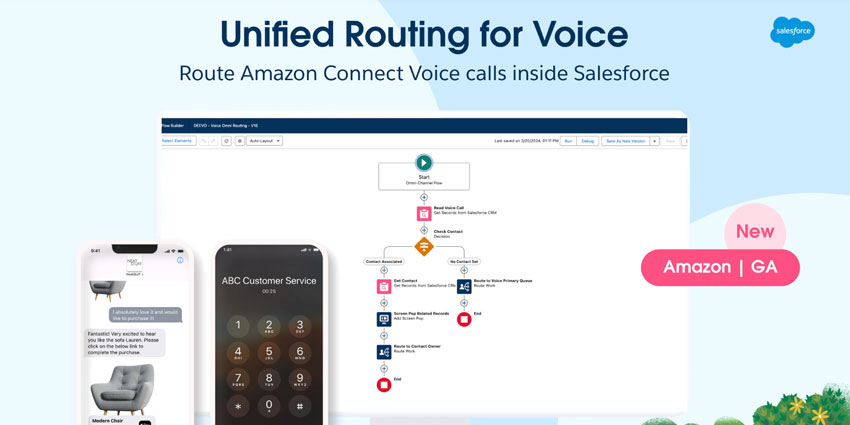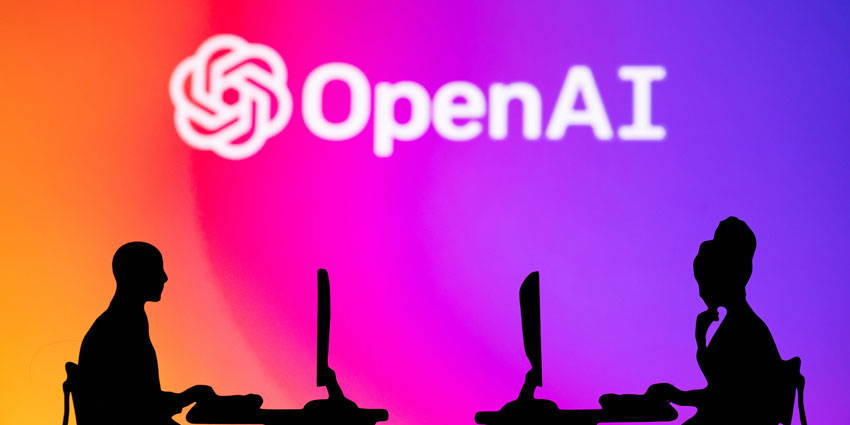Salesforce has named Brad Arkin as its new Chief Trust Officer, as the CRM leader aims to tackle customer misgivings in an AI-first world.
As the former Chief Security and Trust Officer at Cisco, Arkin may have lost a word from his job title, but his new position is significant in the context of Salesforce’s AI ambitions.
Having accrued more than 20 years of experience in product and enterprise security, Arkin will tackle one of the biggest issues hampering the implementation of AI – the trust gap.
Arkin emphasized the importance of building a trusted relationship with customers when discussing his new role.
“Every day, our global customer base counts on Salesforce to deliver trusted AI so they can be successful,” he said.
As the AI revolution advances, we need to continuously earn the trust of our customers, employees, and stakeholders by raising the bar for data security, transparency, privacy, and performance. That’s the mission. And I can’t wait to get started.
But what is the trust gap? And how will Arkin look to bridge it?
Building Trust
It may sound like something that a pretentious couple would say when announcing their mutual decision to break up – ‘A trust gap had opened up in our relationship, and we just couldn’t bridge it’ – but trust gaps are a significantly growing concern in the CX space.
In short, the trust gap refers to customer concerns about the ethical use of AI – particularly since the launch of generative AI.
Salesforce itself recently released a report highlighting that consumers were less enamored with AI than they had been in the past, with almost three-quarters of customers admitting to being concerned about how companies will be deploying AI.
While Arkin’s appointment is Salesforce’s latest step in ensuring the responsible use of AI, it isn’t the first. Last summer, it released its AI Cloud – at the heart of which was the Einstein GPT Trust Layer.
The Trust Layer prevents large language models (LLMs) from retaining sensitive data and, in doing so, protects companies against situations where upset customers may use inappropriate words or phrases that could be pattern-matched and repeated to the consumer.
The merits of the Trust Layer were discussed in an episode of Big CX News back in September, where Rebecca Wetteman, CEO & Principal Analyst at Valoir, posited that a potential stumbling block for the tool is its overly technical nature.
For Wetteman, if Salesforce wants to really win over dubious customers it needs to do “a good job of simplifying what is a very technical message to a non-technical audience.”
Wetteman’s thoughts are particularly interesting in the context of hiring Arkin as Chief Trust Officer, as they may be an insight into what the role will entail.
One of Arkin’s key responsibilities will undoubtedly be selling consumers on the capabilities of the Trust Layer, and to do so, he must be able to accurately and effectively articulate the complexities of the software.







